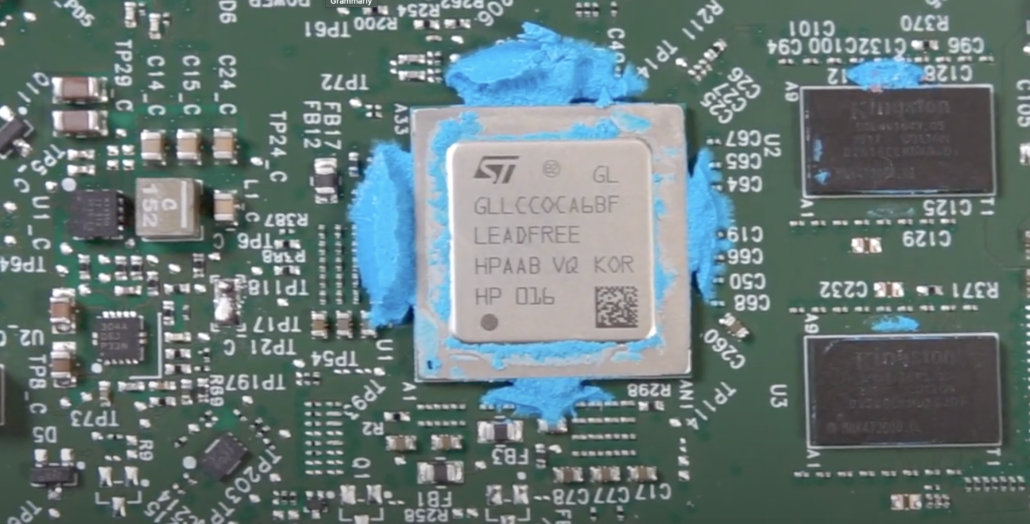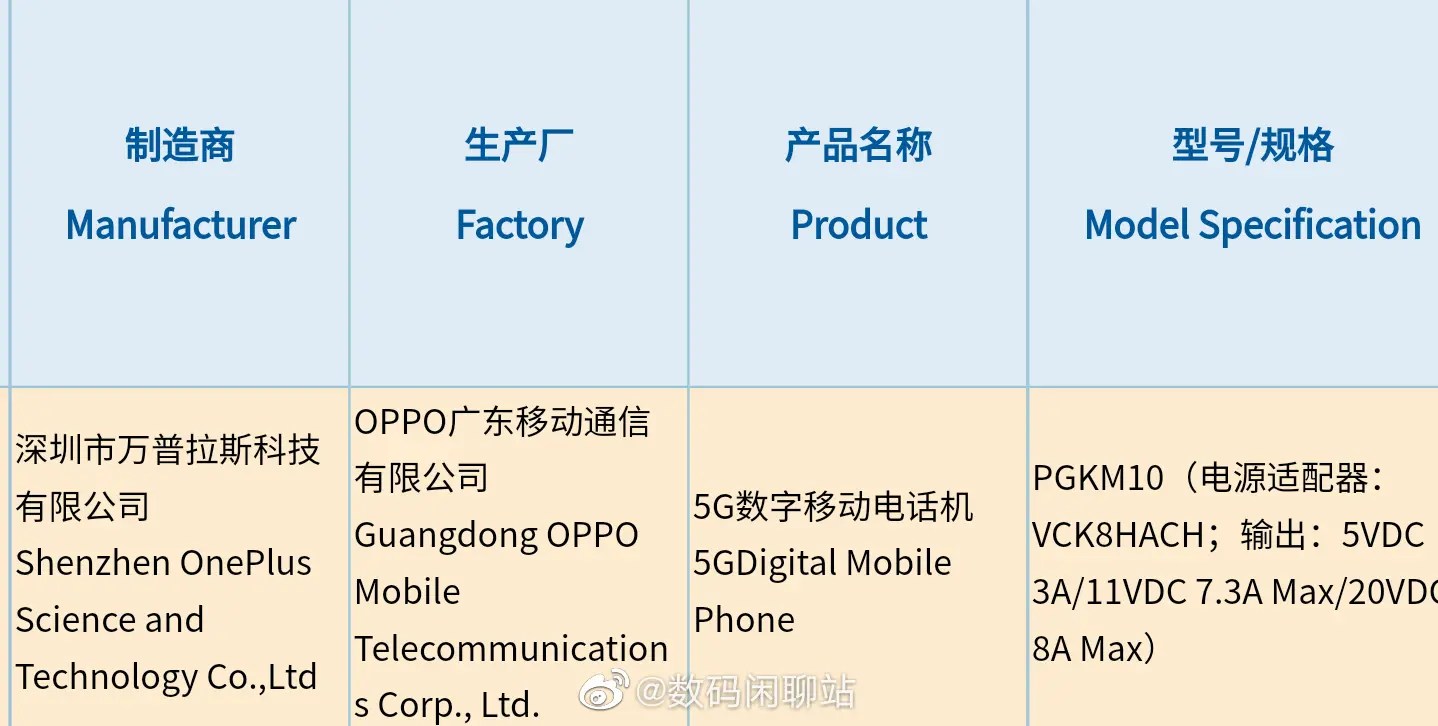

Space exploration Technologies Corporation’s (SpaceX) Starlink satellite internet constellation, which is currently facing a pre order backlog partly caused by a semiconductor shortage, might see an improvement in the future if a report from a research firm Jefferies is accurate. In a report released yesterday, Jefferies outlines that the shortage, which has also affected other industries such as consumer electronics and automobiles, is starting to ease, but it remains cautious, believing that the situation might not normalize under 2023.
Starlink Processor Supplier Sees Chip Delays Subside But Overall Semiconductor Shortage Expected To Last Until 2022
The shortage, combined with an overwhelming demand for its service, has seen Starlink struggle to meet customer pre orders for its equipment. These preorders require the company to ship a user terminal (dish), a WiFi router and other accessories to customers so that they can connect with the orbiting satellites and access the Internet.
It has seen Starlink push countless deliveries to next year after promising customers that it would start shipping their gear by the end of this year. In a new note, research firm Jefferies believes that the semiconductor shortage is starting to ease out. The firm bases its conclusions on data from an American distributor and a British retailer. It outlines that microcontroller supplies have stabilized, and pricing and lead times are in the “stable-to-higher” category.
Starlink’s user terminal, which allows users to connect to the network, uses a central processing unit (CPU) designed by STMicroelectronics with British design house Arm Ltd’s processor layout. It uses four of Arm’s Cortex A53 CPU cores, which are developed with power efficiency in mind.
 The first generation Starlink dish’s application processor as per Kenneth Keiter on YouTube. Image: Starlink Teardown: DISHY DESTROYED!/Kenneth Keiter on YouTube
The first generation Starlink dish’s application processor as per Kenneth Keiter on YouTube. Image: Starlink Teardown: DISHY DESTROYED!/Kenneth Keiter on YouTube
Jefferies mentioned STM in its research note, sourced by Seeking Alpha. In it, the firm outlines that delays for products from STMicro and Texas Instruments have subsided, but companies are facing great demand for power management circuits.
Seeking Alpha explains the (paywalled) comments as:
Shortages relating to STMicroelectronics (NYSE:STM) and Texas Instruments (NASDAQ:TXN) were viewed as “pain points” earlier this year, but those delays have subsided, though broad-based demand for power management integrated circuits continues. Additionally, Analog Devices (ADI) and Infineon could start to see shortages, while supplies from Xilinx (XLNX) “remains in very short supply.”
The firm also comments on the overall semiconductor industry as it believes that high backlogs will last throughout 2022, which will also result in higher prices and backlogs for the chip firms.
Starlink’s user terminal also uses memory modules from Kingston, and both NAND and DRAM memory prices are expected to drop in the first quarter of next year, according to research firm TrendForce.The lack of a teardown of the terminal prevents accurate insight into its component suppliers’ supply constraints.
The shortage has also seen SpaceX introduce a new user terminal and router to customers, highlighting that the upgraded equipment has shorter production times. While the pre order backlog stands at more than 750,000 orders received according to the latest information, Starlink plans to scale up operations in the future aggressively.
At this front, it has already requested the Federal Communications Commission (FCC) to allow it to deploy up to five million terminals in the U.S., alongside revealing plans to manufacture “millions” of terminals in a new factory in Texas. Starlink is also currently fighting to convince the FCC to open its plans to launch the internet satellites with SpaceX’s Starship next generation launch vehicle platform, which is currently awaiting its first orbital launch in Boca Chica, Texas. Starship will enable Starlink to rapidly deploy a large number of satellites for what is planned to be a 42,000 satellite constellation.
The post Starlink Pre-order Delivery Times Can Shorten Suggests Research Firm As Chip Shortage Eases by Ramish Zafar appeared first on Wccftech.




